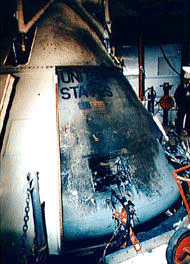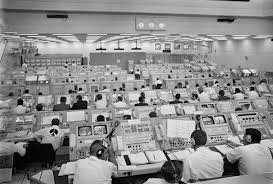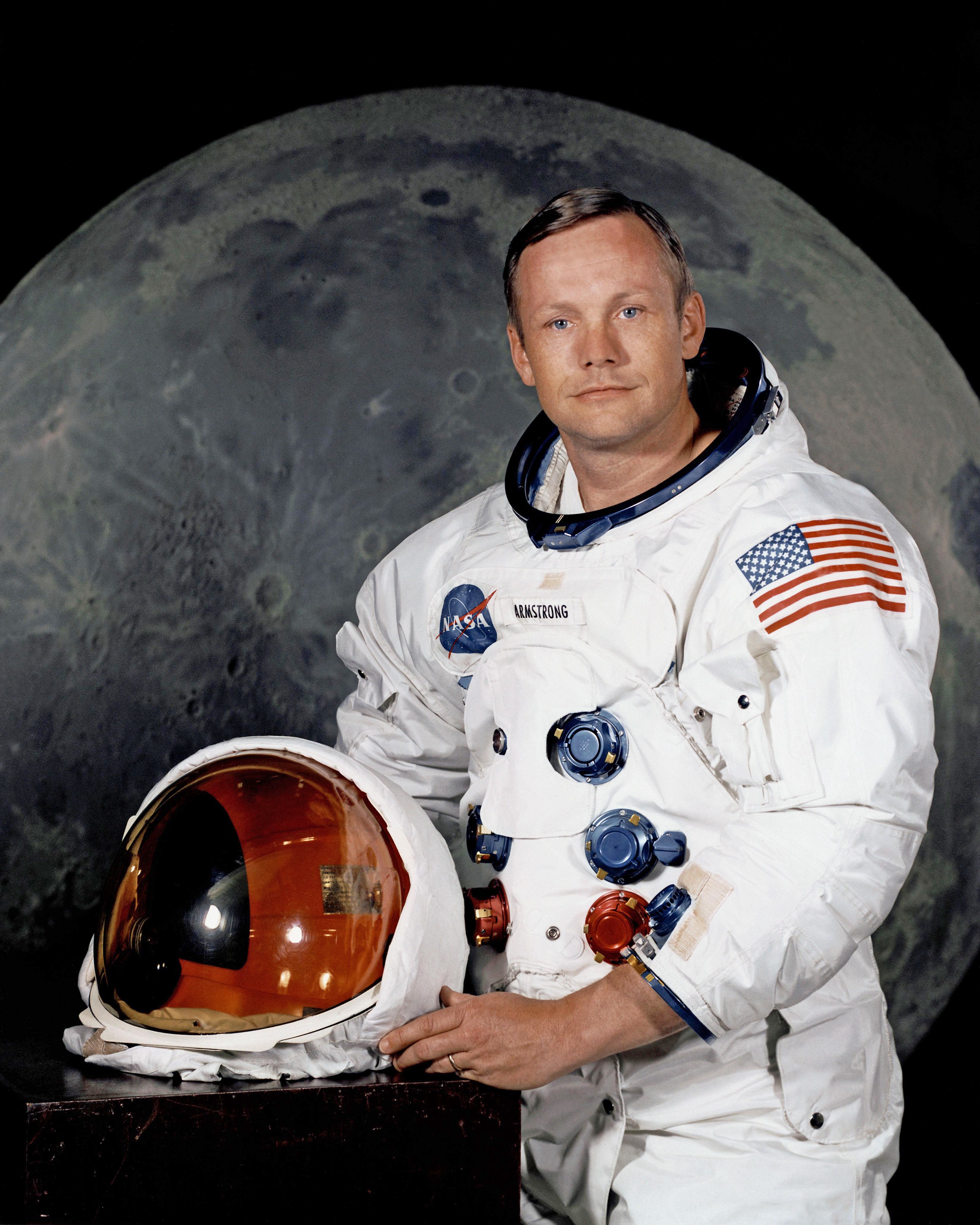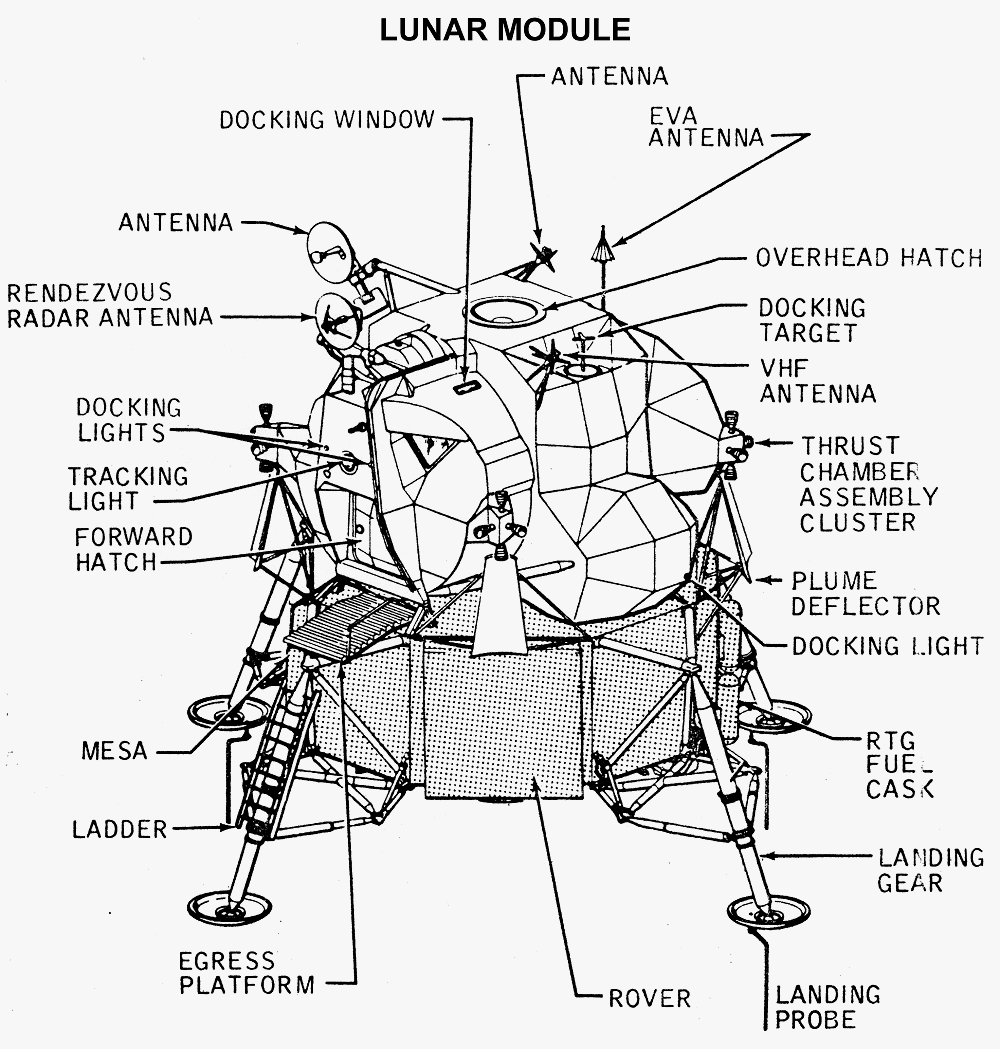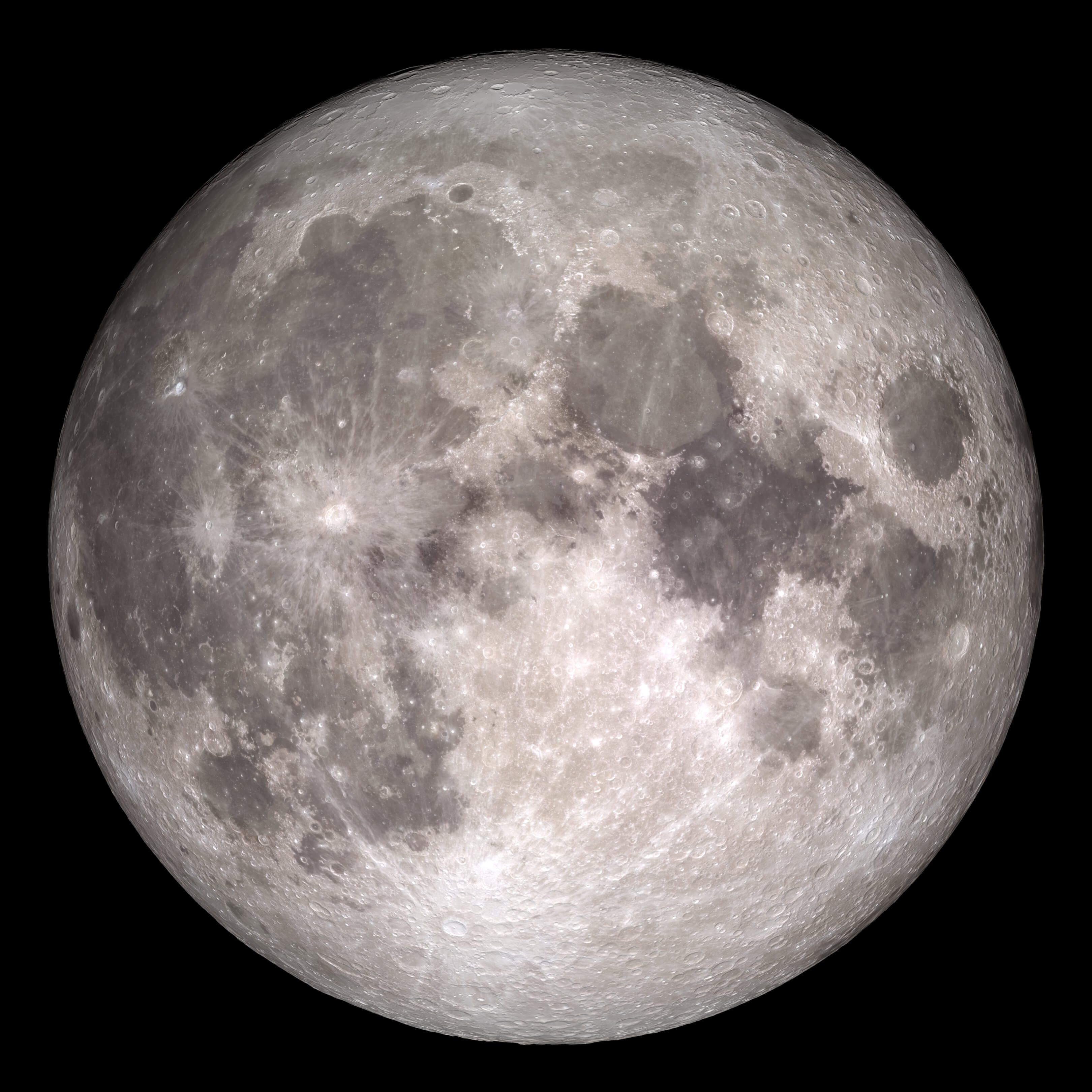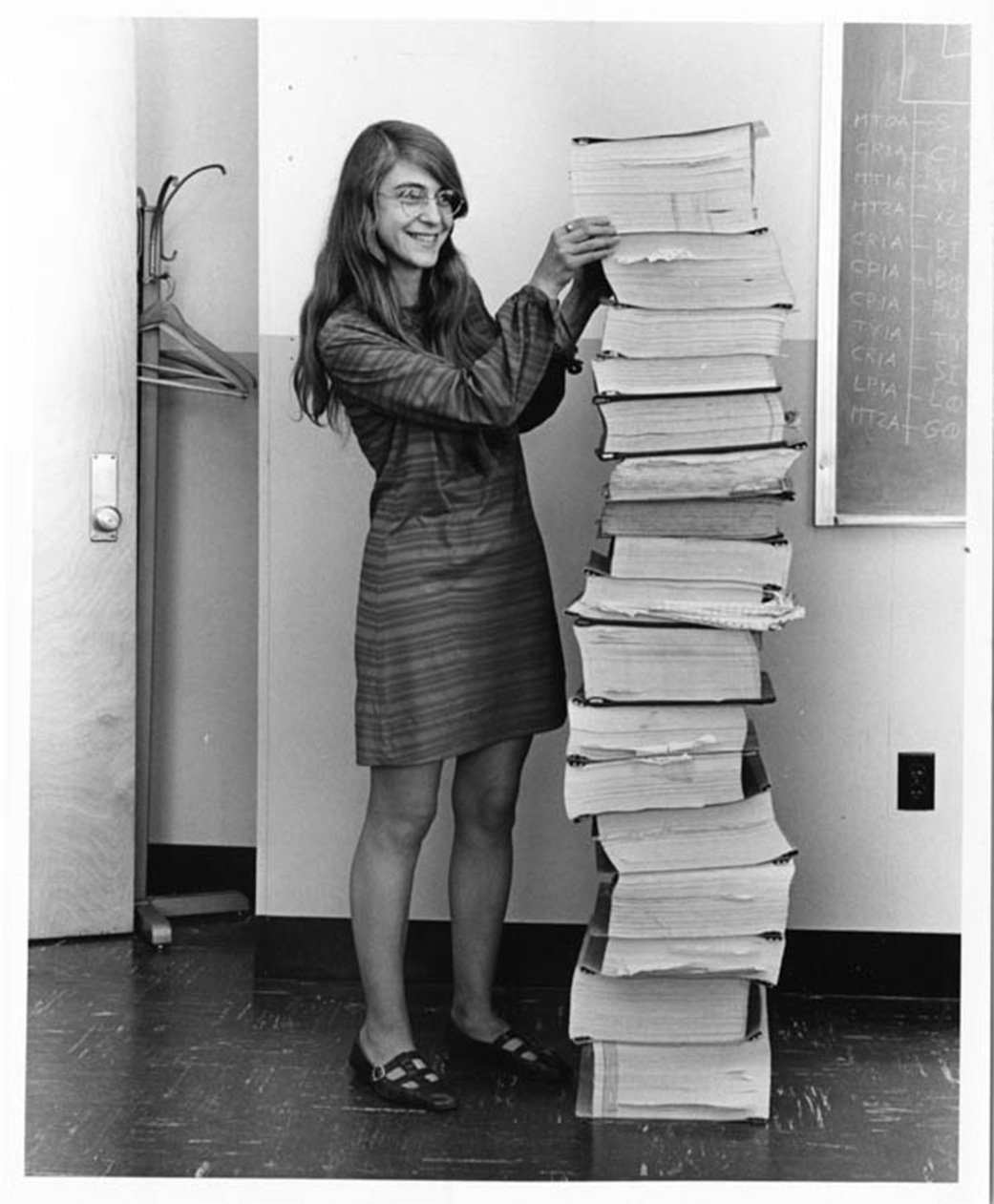Inventing new math for landing to be possible:
At the time, the people of America desired to put a man on the moon. The only problem with this was that there was no math formula for the Eagle Module to land on the moon, much less have a person be able to walk on the moon. There were no computers in the 1960s, so NASA invented them. Although they aren’t nearly as smart as today’s computers, they did the job. Many technicians from NASA helped in the invention of computers that powered the spacecraft to the moon, such as Margaret Hamilton.
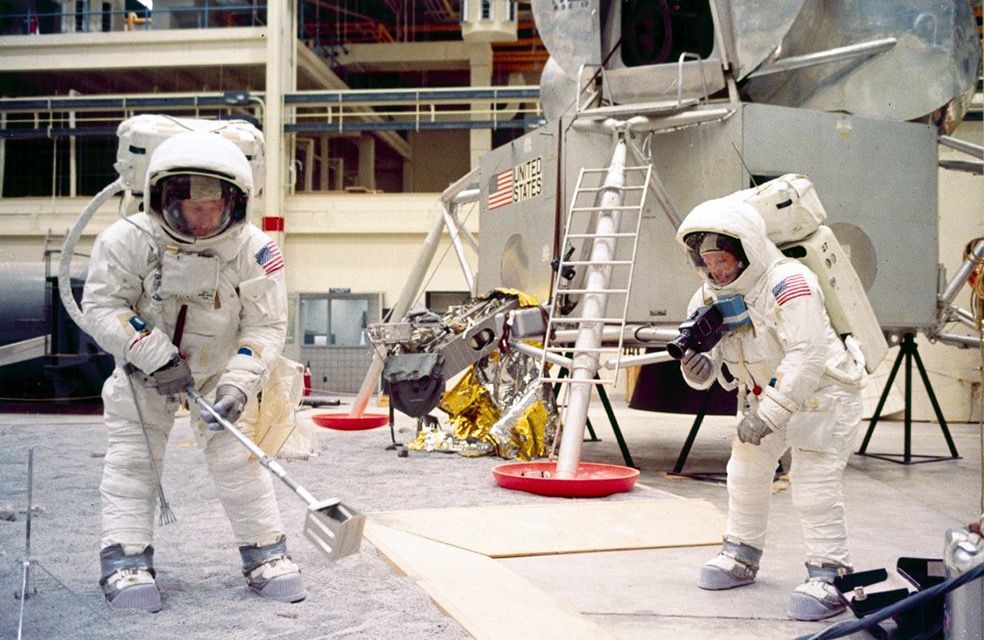
Apollo 11 Training, SSPL, 1969
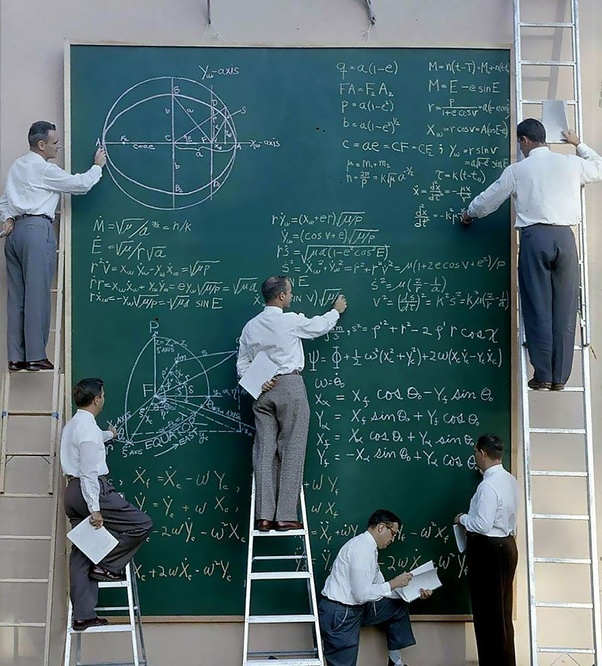
Inventing Apollo 11 math formula, J. R. Eyerman, 1961
Training and education:
In order to first reach unity in conquering the moon, the crew had to obtain a bachelor's degree in engineering, biological science, physical science, computer science, or mathematics, followed by three years of professional experience (or 1,000 hours of pilot-in-command time in a jet aircraft). Candidates also had to pass NASA's astronaut physical examination. Eventually they were ready to lead the space era with just a few steps.
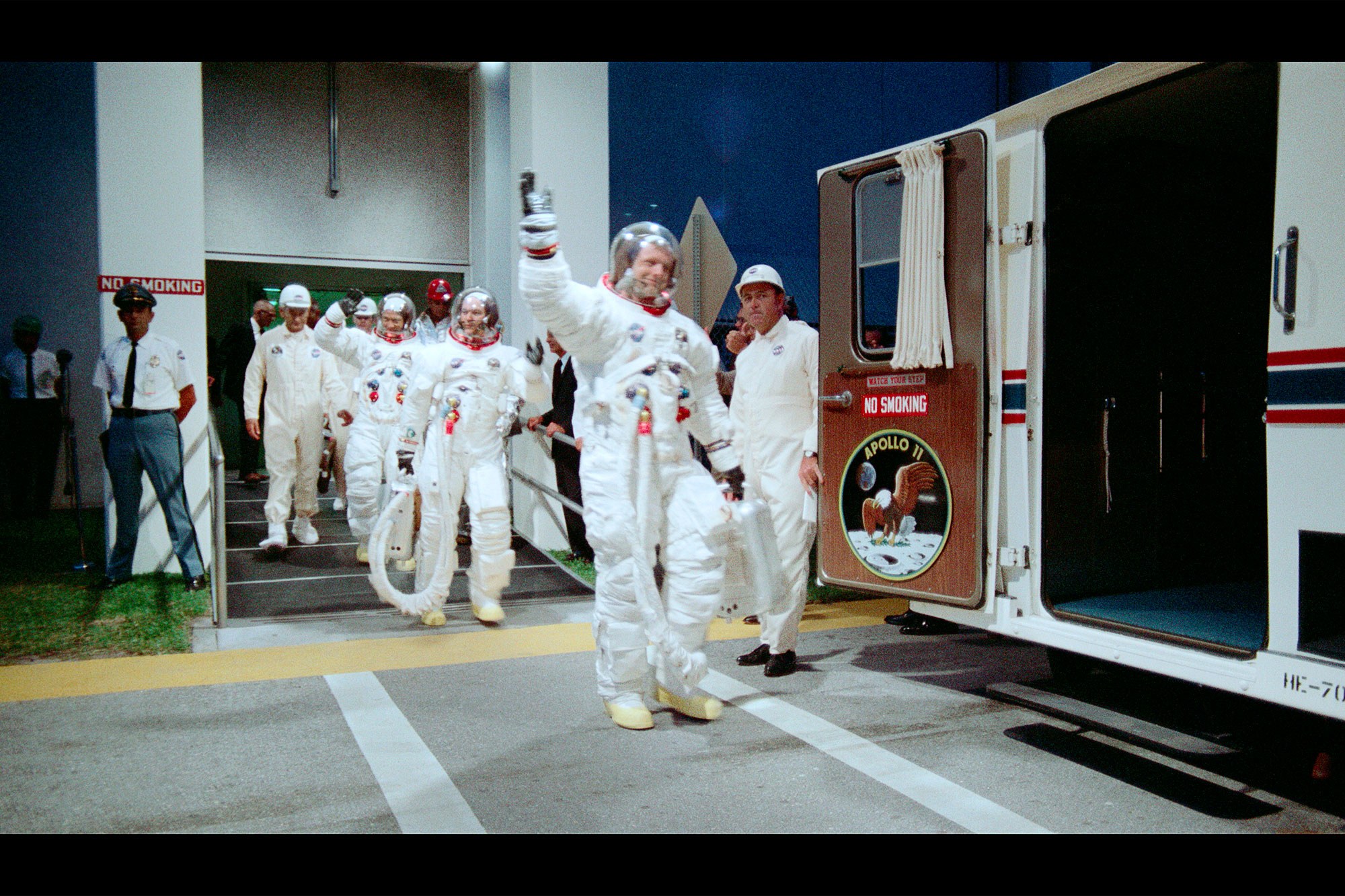
Apollo 11 going to launchpad, CNN, 1969
